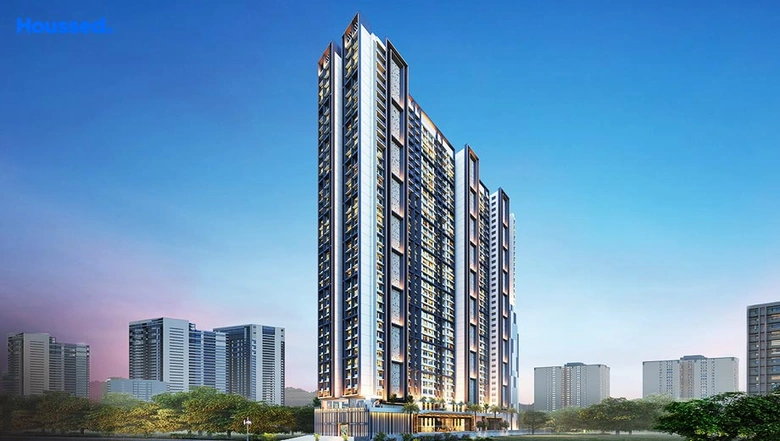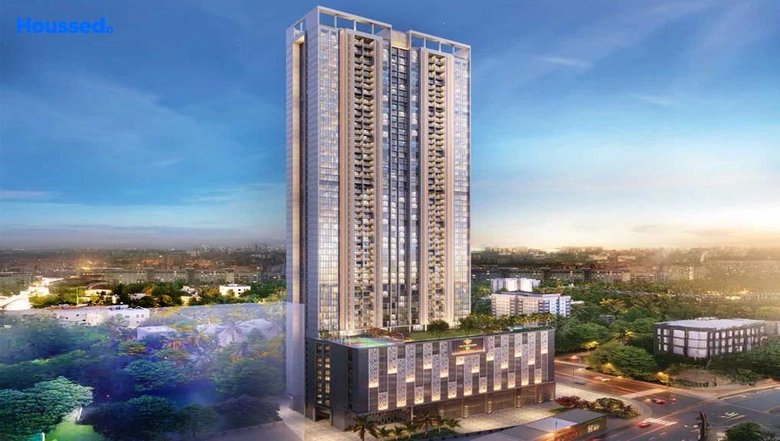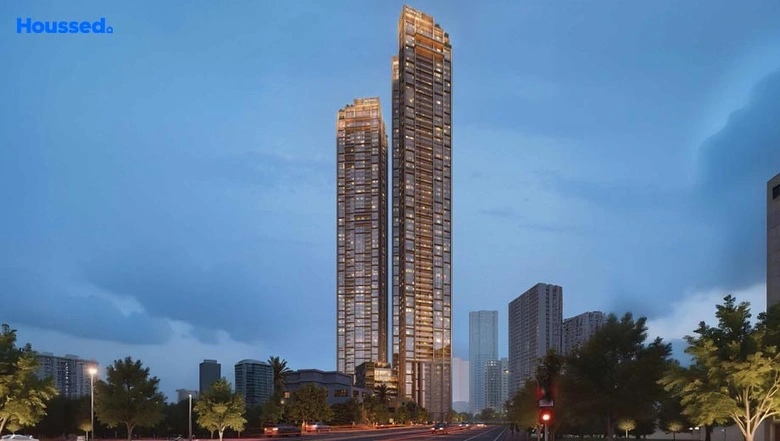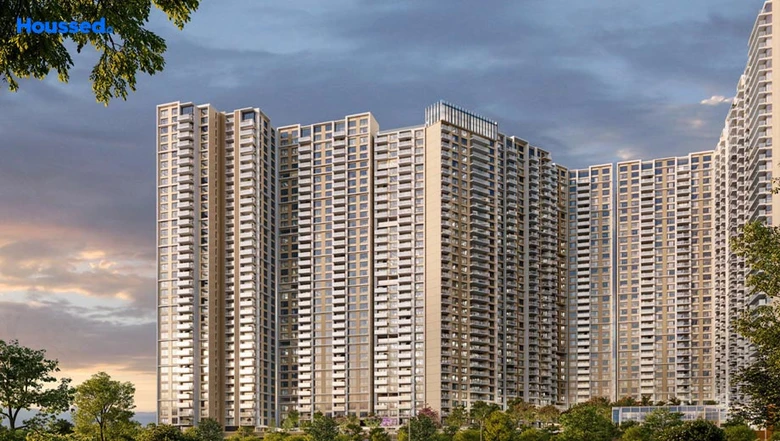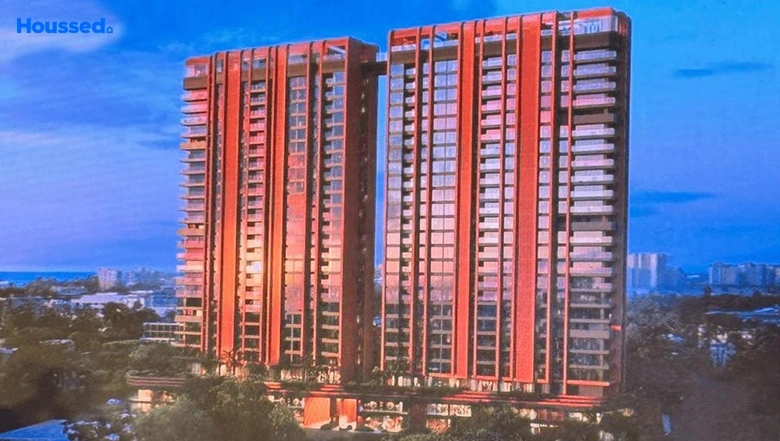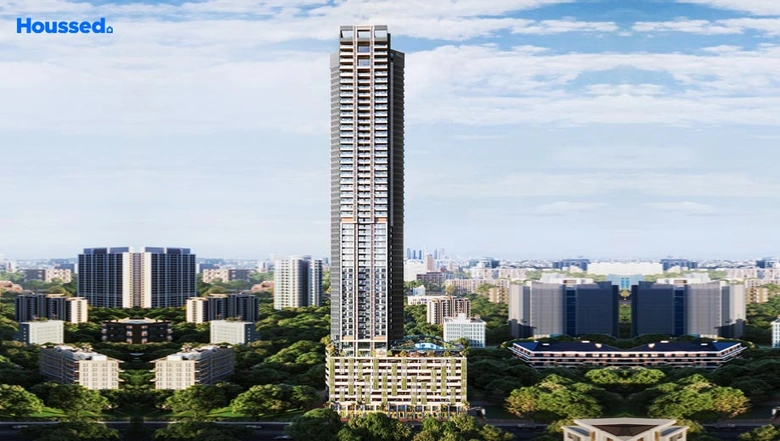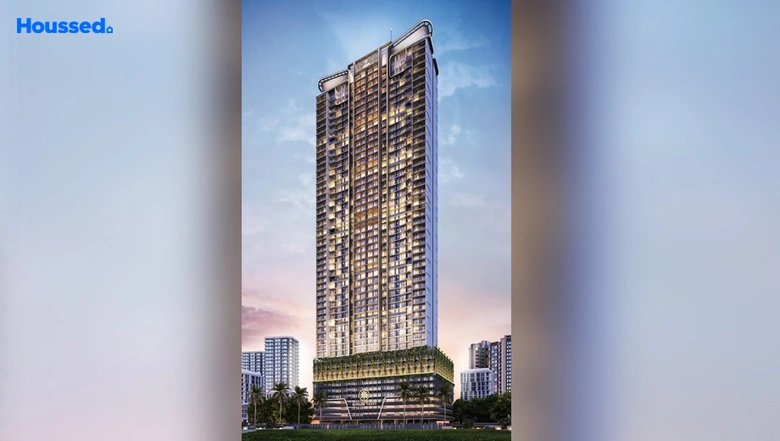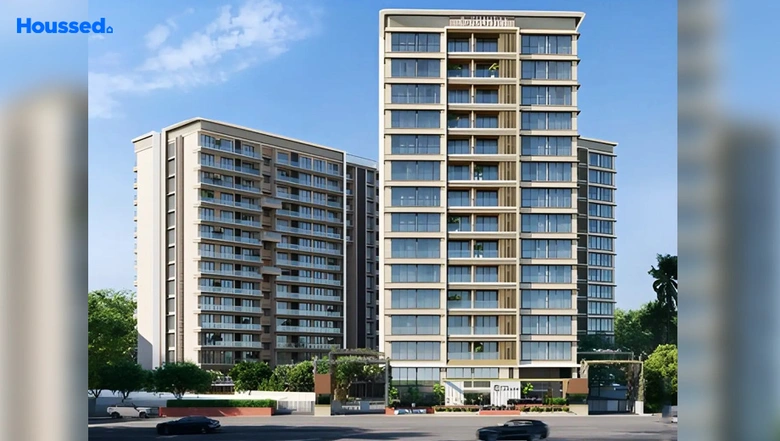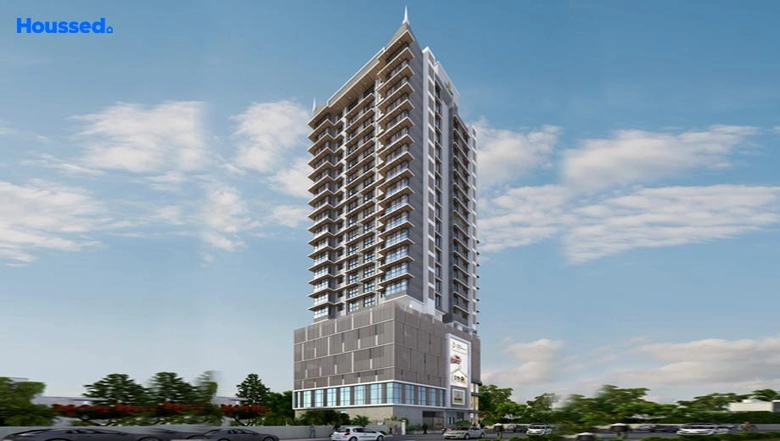Top 6 Things to Know About a 99 Years Lease

There are two types of Property — leasehold property and freehold property. In comparison, the first refers to the type of properties leased for a period, usually for a 99-year lease from the time of construction. In contrast, freehold means the kind of Property that is "free from hold" of any other organization, excluding the owner for an unspecified period.
The land development rights of the properties are given and sold to the developers for a lease period of 99 years. They are provided by the development authority of a specific area. It implies that whoever purchases a residential or commercial property in that area will only hold its own for 99 years, after which the original owner will reclaim the property.
99 Years Lease Concept
According to the traditional American common law, the arbitrary period for a lease was usually 99 years. Although over the period this period has changed a lot, when it comes to real estate deals, the phrase 99 years lease remains the most commonly used.
Property can be freehold or leased depending on the owner's rights. The type of Property in which the owner has all the property rights and is not in the hold of any other party. Such type of Property is known as Freehold property.
Leased Property refers to the type of Property registered in the name of one individual or organization. Still, it has been given on lease to another party for up to 99 years.
This period starts when the construction process begins on the said Property. The land developers usually seek development rights of the leased Property for a period which can vary from 30 to 99 years, and then decide their further course of action in the future.
7 Things to Know About 99 Years Lease
What is the Requirement for 99 Years Lease?
Since the immemorial period, the period of 99 years lease has been used as the period, with the idea that it will last up to three generations. The rights of both parties will be preserved during the contract period because this time frame of 99 years would cover the lives of the lessor and the lessee.
The lease agreement and binding duties of the lessor and lessee, lease period, termination and dispute clause, etc., come into effect when the land is allotted to the developers. For the stated period of 99 years, the developer has the choice and rights to decide whether he will use the land for commercial purposes or residential purposes.
What Are the Features of a Leasehold Rights Agreement?
Many states' state governments deal with expanding industries by setting up industrial boards and companies. For industrial development, large land areas are marked and later leased to organizations or companies for setting up factories and office buildings.
Essential features of such agreements include:
- After the payment of consideration of the lease premium, the land entity becomes eligible to take the land on lease.
- Such agreements are usually of long duration, for instance, 99 years.
- During the lease period, the lessee must pay a nominal rent for the rent/maintenance charges of the leased Property.
- Once the sanctioning authority has passed the building approval, the lessee must use the land to construct the building/factory within a stipulated period.
- After paying the first charge on the Property, the lessee has the right to mortgage the leasehold rights to the sanctioning authority.
- If the sanctioning authority approves, the lessee can also sub-lease the Property to any other party.
- Certain conditions need to be fulfilled to transfer the leasehold rights.
- The ownership of the leased property is either reclaimed by the lessor or is agreed to be sold to the lease on some agreed conditions after the expiry of the lease period.
Disadvantages of 99 Years Lease to the Landlords
You would not get the long-term benefits associated with the Property as you do not hold the Property owners. If the land value increases, the landlord will be the one profiting from it.
Also, after leaving the leased Property, it is your responsibility to return the product in its original state to the original landowner.
You will need to serve it for the landlord as it is within his rights. You will be expected to pay for utility costs, internal maintenance, and repair work and bear the burden, whereas the landlord may bear some of the maintenance charges and get away with the extra pay.
In the name of annual ground rent, the leaseholder must regularly make payments to the landlord. Just think that even though you are the building owner, you are still paying rent to the landlord, ultimately making you feel like you are living in a rented apartment. Also, getting loans based on leased property is even harder to sell.
Advantages of Terrace Houses With 99 Years Lease
These houses can interest pensioners who are on the brink of retiring. These houses have sufficient living space where a multigenerational family can easily be accommodated temporarily without breaching their budget allocation. A perk of these houses is that they have commensurately shorter balance land periods.
Terrace houses that are rented out for a short time can be a viable option if the owners renovate them to become possible places to live. If the property owner does so, a reasonable rent can be asked for it in contrast to the freehold property if the owner ultimately opts to rent it out for a lower purchase price or outlay.
Comparison of Rent and Lease in India
There were many exemplars where rent and lease were used alternatively, but they are at variance concerning the rights and responsibilities of the tenant-owner and lessee-lessor, respectively.
- Maintenance: There are different conditions that need to be considered while renting the Property out. One of them is that if the house is leased, the lessee is responsible for the mortgage, whereas if it is rented, the lessee is responsible for the mortgage.
- Tenure of the contract: the lease term is for a more extended period than the rented one.
- Considerations involved: an instalment is to be paid each month in the case of a lease, while rent can be made in different proportions of periods, such as monthly, quarterly, and bi-annually.
- Pliability: In terms of flexibility, a rent agreement is more viable than a lease because the former can be modified to the owner's convenience, whereas the latter is the opposite.
Implications for Buying an Older House With 99 Years Lease
If the investor is drawn to older properties, he should be aware that the chances of reselling an older home are slim, and the owner will have difficulty adjusting to this. Such properties will not be appreciated, and the major challenge posed by this type of property is that it is a hustle to renew the lease for that property once it is over.
The old properties have a lot of disadvantages associated with them, like property taxes, etc. Transferring the property title and registration documents could also pose complications for the buyer. However, if the descendants have possessed a leased property for 99 years, they solely have to pay for the lease renewal.
Projects with definite leasehold periods are in a difficult situation regarding receiving funds for construction, which may lead to procrastination or abeyance.
Conclusion
There has been a demarcation between a 30 years lease agreement and a 99 years lease agreement. Suppose a property is on a lease for 30 years, then after its expiry, it can be renewed as soon as the amount is paid, but a 99-year lease has a different perspective. In this, the original owner can reclaim authority over the Property after the expiry of the term.
Furthermore, 99-year leases are nonetheless a matter of ways of doing business and accepted expertise, even though they are not acknowledged as constitutional in most common law jurisdictions today. Affordable leasehold properties can be obtained as an investment option, but not if you plan to pass them down from generation to generation.
FAQ's
It is a transfer of Property to the lessee in consideration of a fixed amount, which is to be paid in instalments each month. It can even last forever.
Yes, it can only be done if there is mutual consent between the lessor and the lessee after the lease period has expired and not before that. It can only be implemented with a new deed after the expiry of the old one.
Registration is unquestionably required, but there are some sub-classifications to consider, such as if the lease is for one year, it must be registered without a doubt (only if it is a personal possession of yours).
By leasing the Property for the remaining term or limited duration, the lessee can generate a sublease of his ownership interest in the Property. A portion of the abandoned Property may also be susceptible to a sublease.
